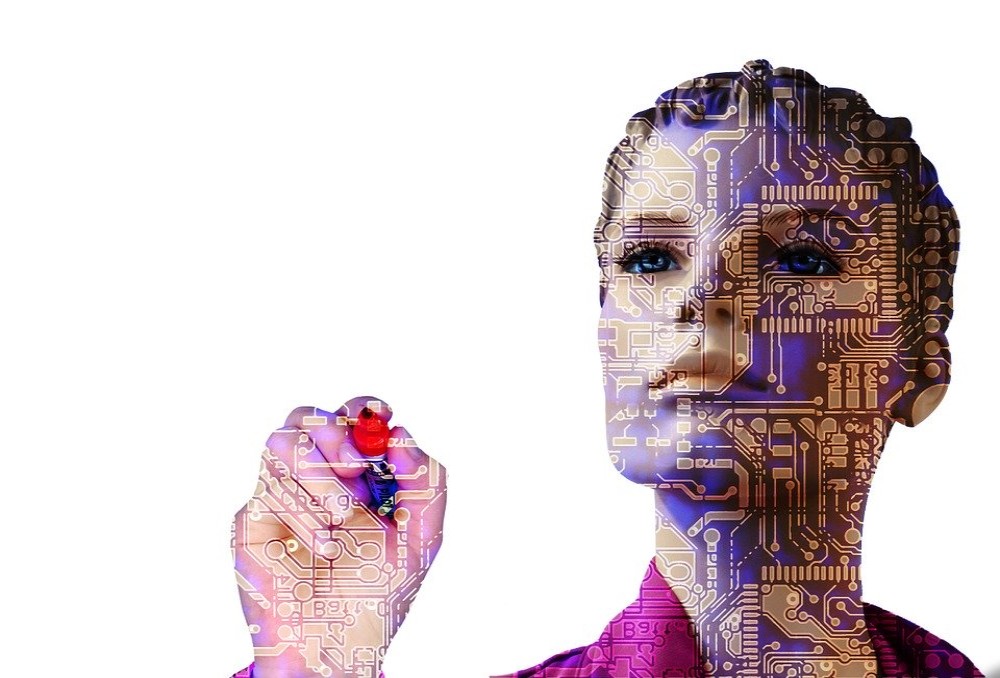Cognitive technologies focus on the application of artificial intelligence concepts for narrower tasks such as perception, planning and predictions. The confusion between the two is mostly due to misuse of the term artificial intelligence.
The artificial intelligence (AI) industry has challenges in trying to explain to their clients about the different types of services they offer. One of the most confusing terms in the industry is the AI definition. AI luminaries have different definitions of what the term means with some such as Rodney Brooks saying the term does not have one meaning, therefore, it can be applied to mean different things.
However, they all have a consensus that AI involves the ability to automate machines to a level where they can function with the intellect of a human. AI systems may be automated to mimic the speech, navigate obstacles, make decisions, and also predict outcomes of certain events, all of which dictate some form of intelligence.
There is also the broader definition of AI called artificial general intelligence (AGI), in which the intelligent system can solve any problems, situations and thought process that a human does. AGI, however, has never been achieved and the AI industry has always implemented subsets of disciplines such as speech and problem solving to come up with solutions for specific problems.
Implementation of cognitive technologies
The implementation of cognitive technologies and AI systems have always confused a lot of clients. Cognitive technologies development has become a narrower application of artificial intelligence, where researchers are now able to create systems that focus on only a few aspects of cognitive abilities to automate.
The cognitive technologies developers are following the tree “P” categories that are borrowed from the autonomous vehicle industry. The three “P” represent perception, prediction, and planning.
Systems are now able to perceive and understand the environment around them, they are also able to predict what will happen next and learn from iterations and interactions with their environment. Researchers are also being able to develop systems that can plan about the future or the next step by analyzing different scenarios being fed into it and producing output.
From this perspective, it is clear that cognitive technologies heavily borrows from AI. However, it cannot be applied in fields such as AGI because it is very narrow and only deals with specific problems using AI. Cognitive technologies do not have any ambition of being applied in anything else rather than being applied to a specific cognitive task.
Featured image by Pixabay







